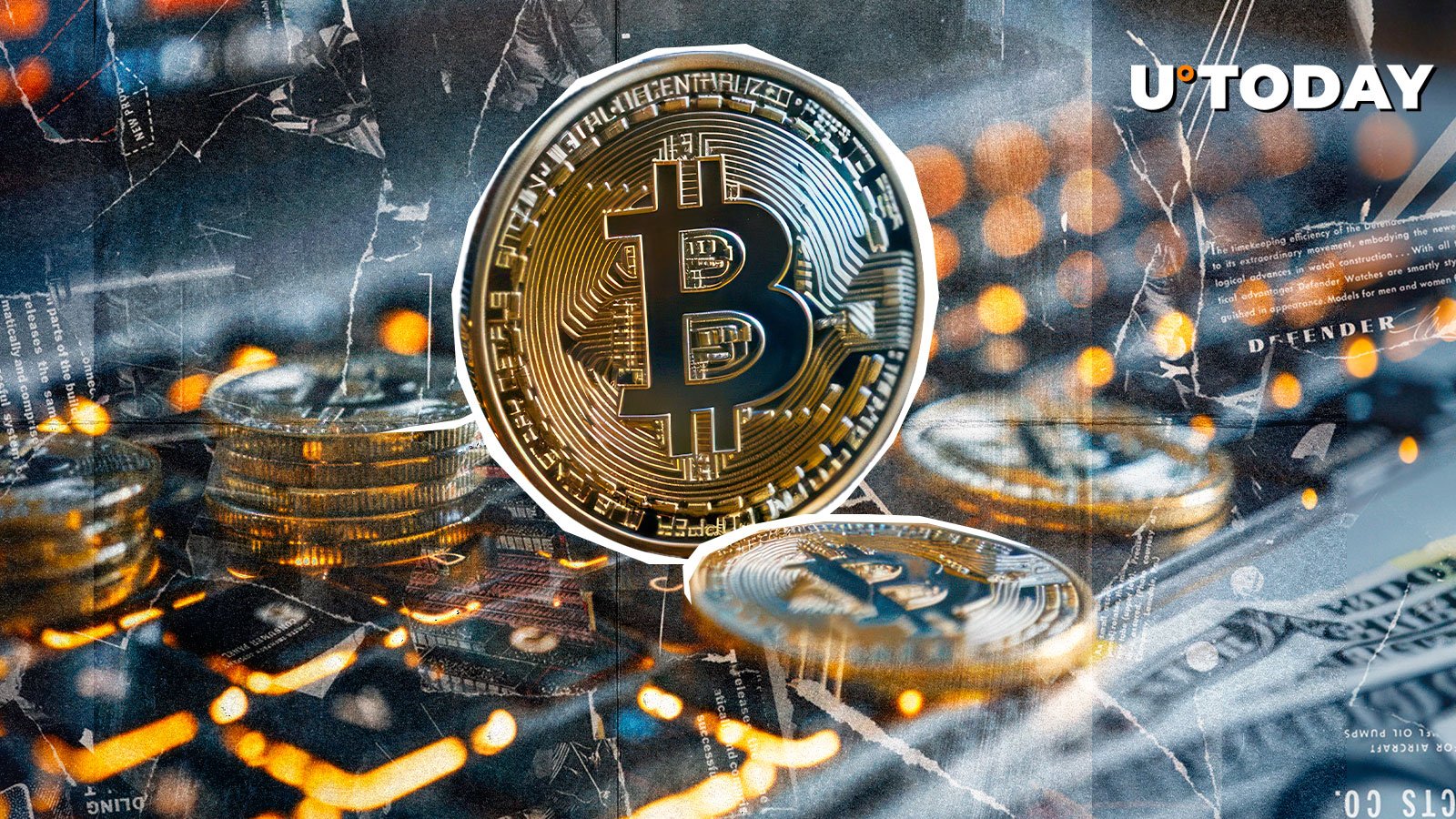The Potential of Bitcoin as a Reserve Asset
Is Bitcoin the Future of Reserve Assets?
A recent report from the Bitcoin Policy Institute suggests that Bitcoin could play a crucial role as a reserve asset for central banks in times of economic uncertainty. The paper, titled “The Case for Bitcoin as a Reserve Asset,” authored by economist Matthew Ferranti, delves into the unique properties of Bitcoin that make it an attractive option for safeguarding against financial threats.
Bitcoin: A Secure Haven in Times of Crisis
Bitcoin’s decentralized nature and limited supply have long been touted as key advantages, but could these properties also make it a reliable store of value for central banks? Ferranti argues that in times of economic instability and geopolitical uncertainty, having a portion of reserves in Bitcoin could provide a buffer against traditional assets like fiat currencies and gold.
The Potential Benefits of Bitcoin Reserves
One of the main advantages of holding Bitcoin as a reserve asset is its independence from governmental influence. Unlike fiat currencies, which can be easily manipulated by central banks, Bitcoin operates on a decentralized network that is not subject to political interference. This could make it a more stable store of value in times of economic turmoil.
Additionally, Bitcoin’s fixed supply of 21 million coins means that it is immune to inflation, unlike traditional assets like fiat currencies that can lose value over time. This could make Bitcoin a valuable hedge against currency devaluation and inflationary pressures.
The Road Ahead for Bitcoin as a Reserve Asset
While the idea of central banks holding Bitcoin reserves is still in its early stages, the potential benefits are clear. As central banks look for alternative ways to diversify their reserves and safeguard against economic instability, Bitcoin could emerge as a valuable option. Only time will tell if Bitcoin will be embraced as a reserve asset on a larger scale, but the potential is certainly there.
How Will Bitcoin Reserves Affect Me?
As central banks begin to explore the idea of holding Bitcoin reserves, the implications for individual investors could be significant. Increased adoption of Bitcoin by central banks could lead to greater mainstream acceptance and legitimacy, potentially driving up the value of Bitcoin as a store of value.
The Global Impact of Bitcoin Reserves
On a global scale, the adoption of Bitcoin as a reserve asset by central banks could have far-reaching consequences. It could challenge the dominance of traditional reserve assets like fiat currencies and gold, potentially reshaping the global financial landscape in the years to come.
Conclusion
In conclusion, the idea of Bitcoin serving as a reserve asset for central banks is an intriguing concept that could have significant implications for the future of finance. While there are still hurdles to overcome, the unique properties of Bitcoin make it a compelling option for central banks looking to diversify their reserves and safeguard against economic uncertainty. As more central banks explore the potential benefits of holding Bitcoin reserves, the cryptocurrency’s role in the global financial system could continue to evolve.





